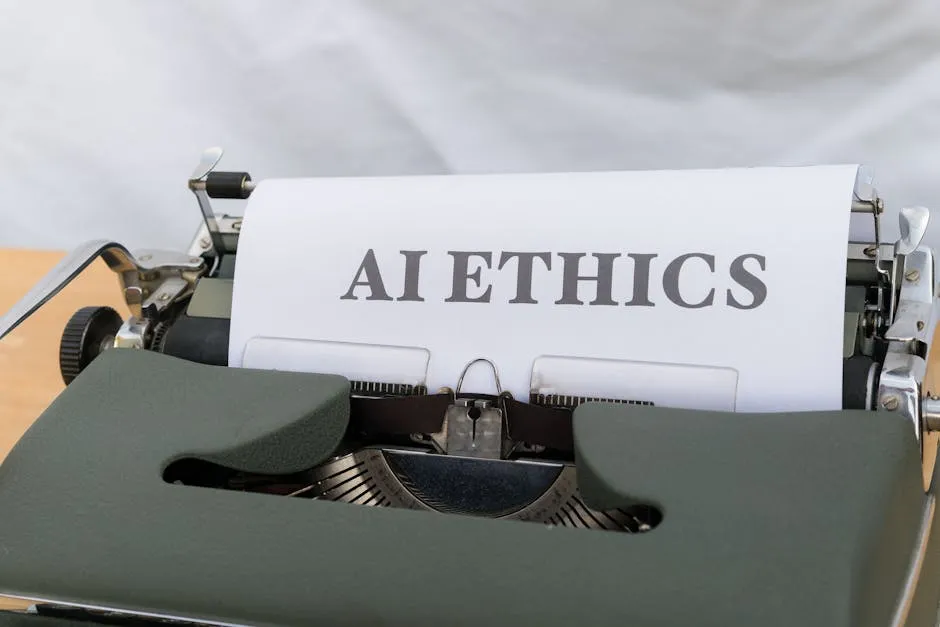Meta’s Bold Move: Launching a Super PAC to Combat AI Regulation
In an era where artificial intelligence (AI) is rapidly evolving, Meta, the tech giant formerly known as Facebook, is making headlines with its latest initiative. The company has announced the establishment of a new super PAC, aptly named the American Technology Excellence Project. This move comes amidst a growing wave of state-level regulations aimed at controlling the development and deployment of AI technologies.
Investing in the Future of AI
According to reports, Meta is pouring tens of millions of dollars into this pro-AI super PAC. The primary goal? To influence policy discussions and combat regulations that the company perceives as detrimental to the growth and innovation of AI technologies. This initiative signals a strategic shift for Meta, emphasizing its commitment to championing AI while navigating the complex landscape of public policy.
The Rise of Regulatory Challenges
As AI continues to permeate various sectors, concerns about its implications have prompted policymakers to take action. States across the U.S. are beginning to craft regulations that seek to establish guidelines and safeguards for AI technologies, driven by fears surrounding privacy, security, and ethical considerations. Meta’s establishment of the American Technology Excellence Project is a direct response to these mounting challenges.
What This Means for the Future of AI
With this super PAC, Meta aims to galvanize support for policies that promote innovation rather than hinder it. By mobilizing resources and leveraging political influence, the company hopes to shape a favorable regulatory environment for AI development. This initiative could potentially set a precedent for how technology companies engage with regulatory frameworks in the future.
Implications for the Tech Industry
The formation of the American Technology Excellence Project raises important questions about the relationship between technology companies and government regulations. As Meta and other tech giants invest in political action committees, the landscape of AI regulation may shift significantly. This could lead to a more collaborative approach between policymakers and tech leaders, fostering an environment where innovation can thrive while addressing societal concerns.
Conclusion
Meta’s launch of a super PAC to advocate for AI technologies underscores the growing tension between innovation and regulation in the tech industry. As the conversation around AI evolves, we can expect to see more initiatives like the American Technology Excellence Project emerge, reflecting the urgent need for a balanced approach to governance in the age of technology. As stakeholders from various sectors engage in this discussion, the future of AI will likely be shaped by the interplay of advocacy, regulation, and innovation.
